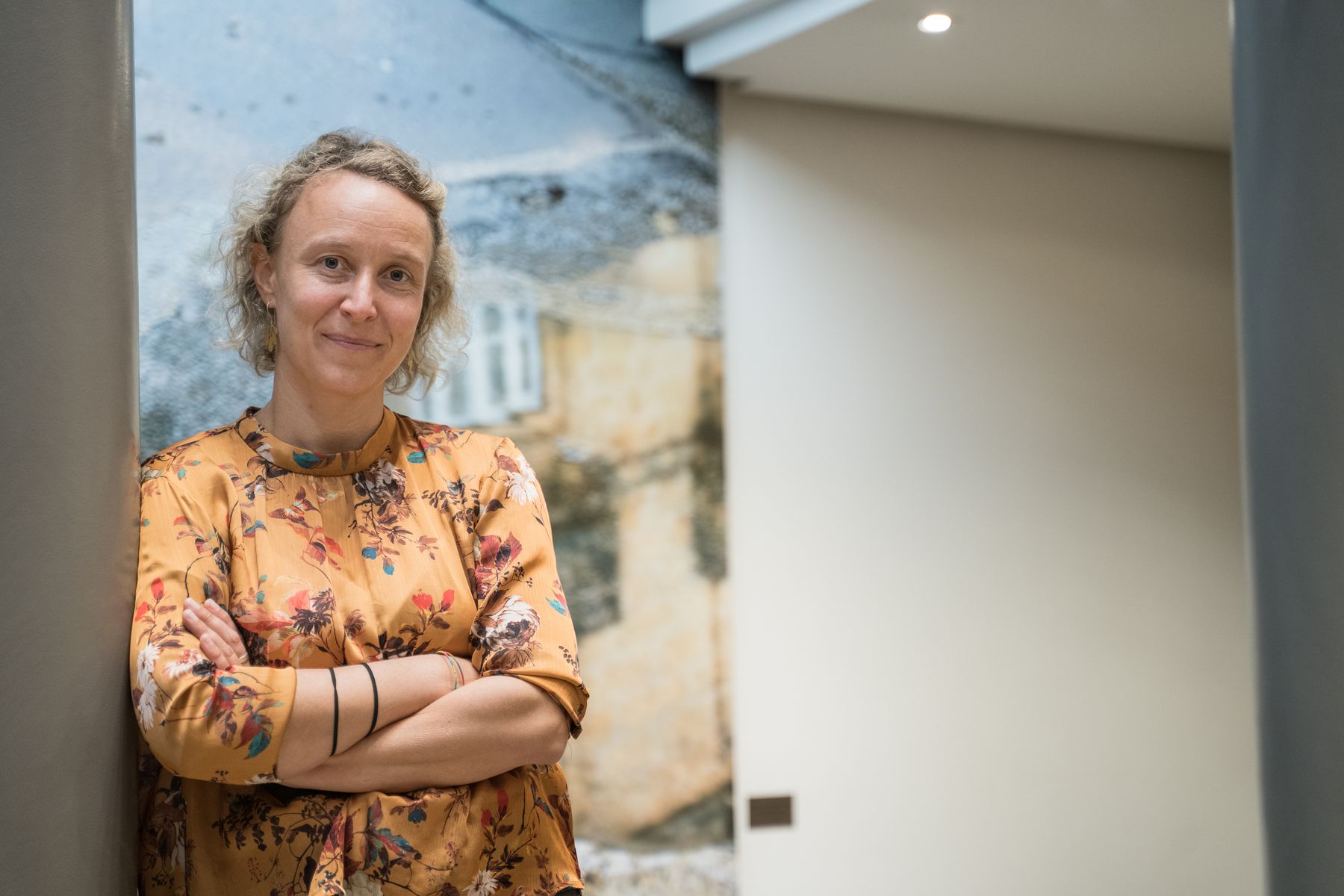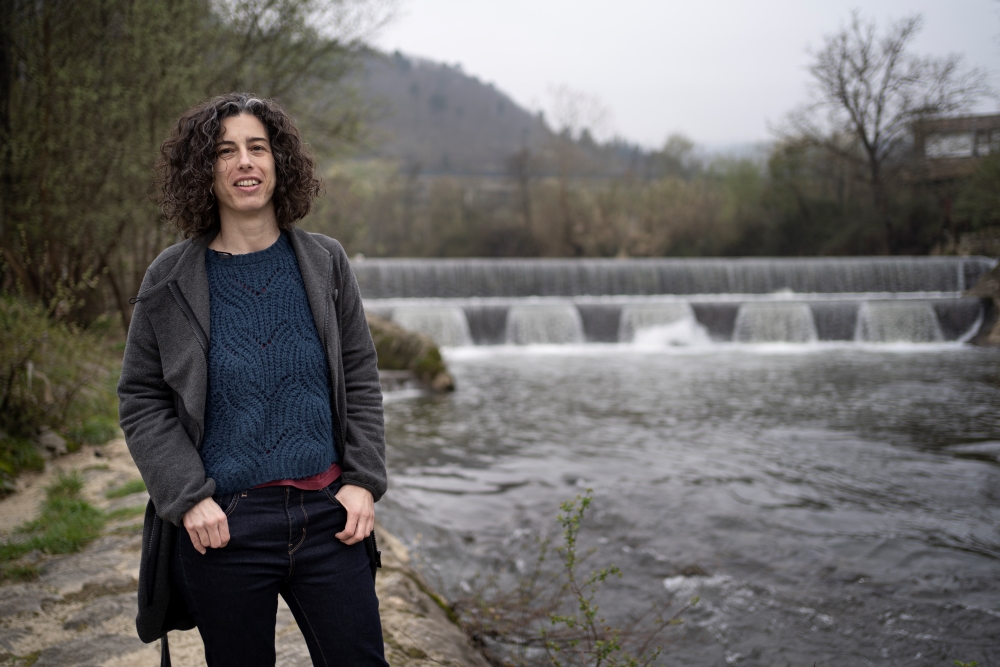Possible ecofeminist future? Yes, but far from OPERs
- XXK, ODG, OMAL and ESF, along with other entrepreneurial members in ecofeminism and feminist economies, have presented the analysis of five strategic projects of economic recovery and transformation. How does public investment weaken the eco-feminist transition. The research carried out focuses on five of the 11 Strategic Projects of Economic Reactivation and Transformation (ESEPE, in Spanish PERTE) that the Government of Spain has launched funded with European NextGeneration EU funds, in particular those relating to health, energy, agro-food, water and surveillance. The study aims to contribute from an eco-feminist point of view to the debate on current economic policies, and it states the hypothesis of how the huge amounts of public funding go to a technocapitalist proposal that does not meet social and environmental needs. This proposal, in this case, hardly goes so far as to "paint green or lilac", although the funds try to promote it from this perspective.

In this article we make a brief reflection on the approaches of social and political organization that we would consider necessary for the ecofeminist transition, explaining that the five ESOPE analyzed, associated with fundamental goods for daily sustenance and the reproduction of life, are nothing but a leap of scale from green and digital capitalism.
Our basic idea is that an eco-feminist future has to guarantee rights for all, and that leads us to see and denounce that many people’s daily needs are unmet, and that leads us to confront current gender inequalities, social class, functional diversity, migratory status and rationalization. We can say that the ecofeminist approach fundamentally questions the current socioeconomic model in terms of the sustainability of life. From this point of view, OPERs, from their conception and scope, are part of the gear of this model that does not guarantee the coverage of needs: they are not drafted from the perspective of rights and do not intend to respond to them. However, the non-recognition of the right to water, food, health, energy and care has the implication of increasing inequalities and conflicts arising from them, by impossibility or by default.
Once the commitment to rights has been discarded, what is the vision found in the projects analyzed? For ESOPE, health, surveillance, food, water and energy are not areas of well-being, but are sectors to scale for greater benefit, creating value chains; in the technical development of ESOPE these areas are analyzed as industries that generate high economic and financial value, and emphasis is placed, for example, on production processes, such as (any) in the manufacture of components or in the promotion of biomedical and technological solutions. Instead of taking planned steps towards the unavoidable lack of growth in the use of matter and energy, which is forced by ecological collapse, we are committed to the growth of global value chains, which can only be based on greater global hoarding. It follows the logic of capitalism of commodification of all resources.
What would it look like to think of the socioeconomic model from ecofeminisms? Bearing in mind the principle of sufficiency to meet the basic needs of all, we propose to adapt our consumption and production models to the limits of the planet, territories and lives. It is necessary to emphasize that these technologies that we currently use and which are intended to develop exponentially are based on the demand for elements composed of fossil fuels, scarce materials and critical minerals, which strongly impact their extraction, and which in many cases are performed in the South of the World through neocolonial logics.
.jpg)
And what did we find in OPERs? In general, all ESEPE speak of social and environmental opportunities, of the need for social innovation and democratisation, and speak of the principle of non-significant harm (DNSH, “do not cause great harm”), but they do not set indicators to support compliance, nor do they set out formulas for binding principles of practice. In fact, the latest EU-wide policies and programmes, such as RepowerEU, aimed at “energy security”, are free not to have to comply with DNSH principles. On the other hand, the initiatives they pursue require advanced technologies and digital solutions, and the models of these initiatives do not fit these bases, so the incompatibility, falsehood and hypocrisy of the rhetoric underpinning the projects is absolute. Moreover, the extension of the extractive limit in the South of the World will activate more global chains of material resources and care.
This creates a narrative in which concepts such as growth, the fight against climate change, the sustainable management of energy and materials, the demographic challenge or generational shift, and quality employment for young people and women are perfectly compatible. OPERs are also presented as a framework of equal opportunities for the creation of new business models, as an opportunity for equality between men and women and an opportunity to deepen democracy, as if we were starting from scratch. Again, they do not explain how, they do not mention methodologies or indicators, nor do they see that the starting point is unbalanced, both for funding, for participation in the framework of the allocation criteria and for access to the decision-making areas in which OPE measures have been defined. The role keeps it all, including the generalist rhetoric of OPERs, but it changes when we look at what exactly the project budget items are going for.
Another major weakness of ESOPE is the weak public and public-community role in project governance, management and implementation. ESOPs are public-private partnerships, and although the language of alliances is used for the green transaction, nothing but the transfer of public money to the private sphere and the complete commercialisation of the proposal. POs are limited to a public, state and centralized sector, based on economic support for new lines of technological research and costly private sector initiatives, blind to the problem of natural borders, differences, gender or the accumulation of power in the business sector (particularly corporations and transnational capital). It has left behind the local scale, which is the closest domestic and territorial reality, and that is no wonder, knowing that these initiatives have been developed backwards to social movements and people.
For all these reasons, we cannot say anything other than that the ESOPs strengthen capital life than conflict and must therefore be analysed to highlight the dynamics they want to hide. And, along with this, it is urgent to explain the keys that are in the debate, which we believe are the ones that make possible the future ecofeminist, who must walk towards: 1) collectivization and de-wastefulness through public and Community proposals; 2) the relocation of socio-economic processes, through the reduction of chains and territorial roots; 3) adaptation to the limits of the planet, correcting global privileges and inequalities; 4) the reorganization of fundamental works, increasing their value and reducing harmful and unnecessary works; 5) democratization and mutual care, and this as a new socio-axis.
Based on these keys, ecofeminist transitions have a long way to go and ESOPE are a step backwards in their approach. Nor is it surprising that there is little or no participation of society and communities in the design of these projects and the lack of current transparency about the companies that get funds. These projects, devised by corporate groups in the hands of institutionality, seek to deepen the commodification of our works, lives and territories. On the contrary, what we need is to invest public money in guaranteeing rights, meeting needs and defending what maintains and reproduces lives in the territories and throughout the planet.
* This review article is also published in Spanish, in Publico.
Abrupt closure of the grant window for energy-saving construction works in homes. Imagine the anger of those left in the queue. Architects, builders, community managers, neighbours… The call for proposals was in force until November, but recently the Basque Government... [+]
Nicola Scherer (Munich, 1984) Kataluniako Observatori del Deute en la Globalització (Zorraren Behatokia Globalizazioan) erakundeko ikertzailea eta Open Generation EU taldeko kidea da eta Kapitalari Planto! plataformak ekainean aurkeztu zuen Europako berreskuratze-funtsak:... [+]
This is what the most ambitious programme of public debt has been in the plans, which will distribute equal shares of grants and loans worth EUR 750,000 million over the next 7 years. Alongside the revival of Europe, it aims to promote a greener economy (energy transition) and... [+]
The longer we spend, the more clearly we have that the management of COVID-19 responds to interests that go beyond health management. Strategically, it is a question of strengthening the interests of the agri-food and motor multinationals, the companies that carry out large... [+]





















